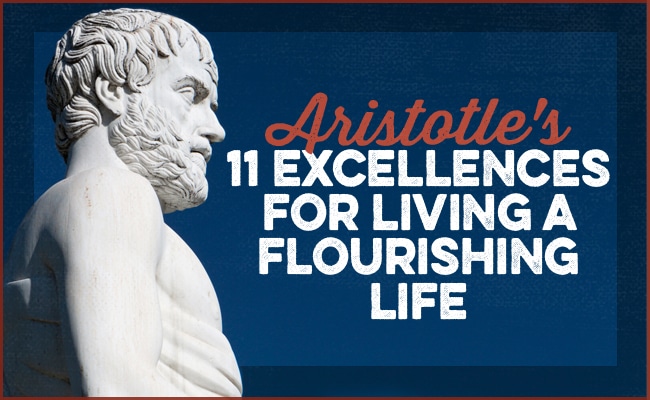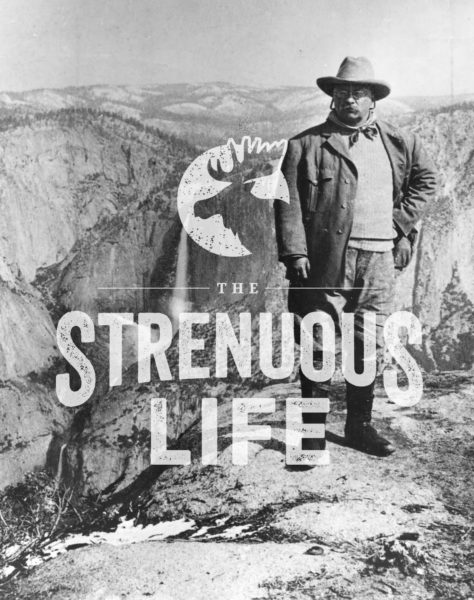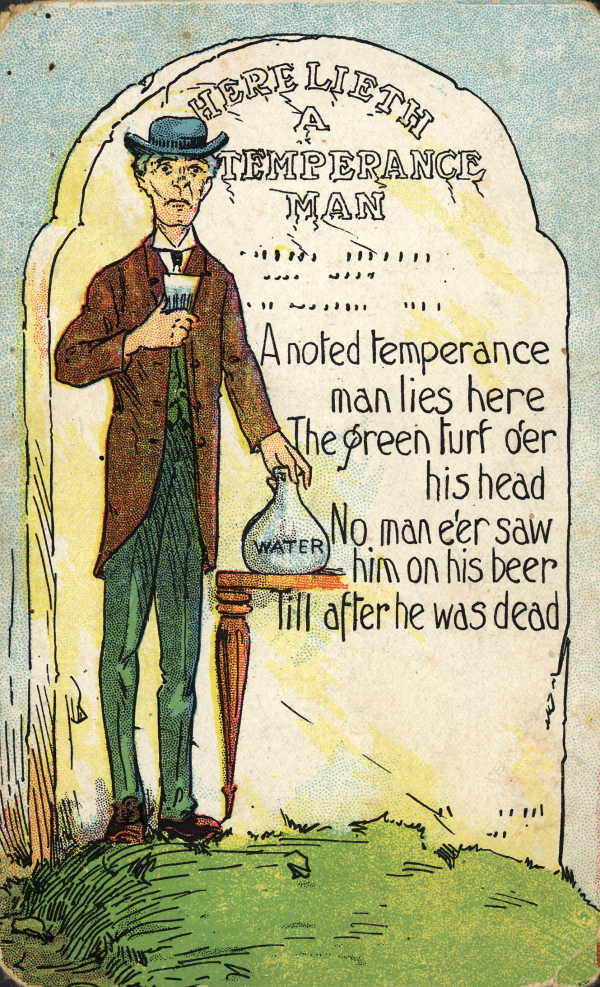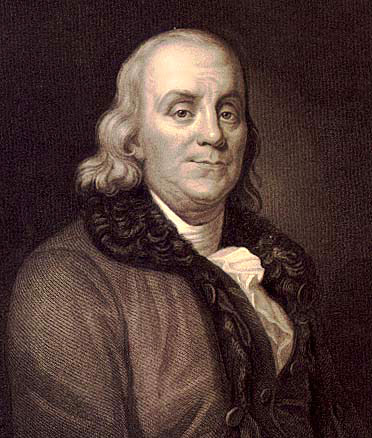
For the ancient Greeks, eudaimonia was considered the highest human good. While the word doesn’t easily translate into English, it roughly corresponds to a happy, flourishing life — to a life well-lived.
Eudaimonia wasn’t a destination — a nirvana that, once reached, initiated a state of bliss. Happiness wasn’t something you felt, but that you did; it was a dynamic, ongoing activity.
What that activity centered on was the pursuit of arete, or virtue.
We tend to think of “virtue” in an exclusively moral sense, as having to do with qualities like courage, compassion, and continence. But for the Greeks, virtue meant doing anything well. Courage was a virtue, but so was speaking articulately. Playing an instrument masterfully was a virtue. Strength was a virtue. Beauty was a virtue.
Virtue equaled excellence.
Which excellences made up the eudaimonic life was a much-debated subject amongst Hellenistic philosophers. Socrates thought that moral virtue alone was required to achieve eudaimonia. Aristotle, however, believed that while excellence of character was necessary for eudaimonia, other kinds of excellences also played a role in achieving a life well-lived.
For Aristotle, developing all-around arete and becoming a superior, well-rounded man meant maximizing your potential on every possible front. In particular, he believed that living a fully flourishing life — achieving true happiness — required cultivating all 11 of the following excellences:
Excellence in Morals
Moral excellence comes about as a result of habit. We become just by doing just acts, temperate by doing temperate acts, brave by doing brave acts.
Even though Aristotle thought that virtue alone wasn’t sufficient for achieving eudaimonia, he still believed that character was foundational in becoming a man of arete.
Aristotle thought we should anxiously develop the moral virtues of courage, temperance, justice, and generosity, and that we do so by actually doing courageous, temperate, just, and generous deeds. That’s how you become excellent or virtuous for Aristotle: action. You act to become.
Excellence in Judgment
He who [has practical wisdom] is skilled in aiming, in accord with calculation, at what is best for a human being.
The Greeks had a word for good judgment: phronesis.
In Reclaiming Virtue, John Bradshaw defines phronesis as “the ability to do the right thing, at the right time, for the right reason.” Phronesis is practical wisdom.
For Aristotle, this kind of good sense was the master virtue, for it’s the virtue that makes possible all the rest. He believed every virtue can be carried to two extremes: you can practice it too much or too little. Frugality is a virtue; miserliness is a vice. Courage is a virtue; recklessness is a vice. Phronesis is what allows you to strike the golden mean between these errors — to know what to say or do in any situation.
Practical wisdom can be cultivated by observing and reading about other excellent individuals. But it’s primarily developed through action. You make decisions, see how they turn out, and hone your behaviors so you make even wiser and more discerning choices the next time around.
Excellence in Health and Fitness
In a young man, beauty is the possession of a body fit to endure the exertion of running and contests of strength; which means that he is pleasant to look at; therefore, all-around athletes are the most beautiful, being naturally adapted both for contests of strength and for speed also.
For a man in his prime, beauty is fitness for the exertion of warfare, together with a pleasant but, at the same time, formidable appearance.
For an old man, it is to be strong enough for such exertion as necessary and to be free from pain through escaping the ravages of old age.
Unless the virtues of character are embodied in a vessel that is strong, healthy, and fit, there are limitations to how much you can do and experience; there are checks on how much of your personal potential and the potential of life itself you can utilize. Aristotle argued that having a healthy body not only makes us look attractive and reputable (another of his excellences) but also allows us to be more productive, joyful, and adventurous — to fully flourish.
For this reason, Aristotle admonished all men to exercise and watch their diet. He even advocates for becoming a hybrid athlete — someone who is swift and strong.
Excellence in Attractiveness
The chief forms of beauty are order and symmetry and definiteness.
While caring about your attractiveness might seem superficial, Aristotle understood that people judge you by your appearance. Better-looking people tend to get treated better, and being treated better unarguably contributes to one’s happiness and success. Beyond its functional value, though, the Greeks simply considered beauty a virtue — an excellence. Everyone prefers aesthetically-pleasing things, whether that’s a painting or a fellow human being.
While Aristotle admits that a lot of our looks come down to dumb luck, he still thinks there are parts of our appearance over which we all have control. Every man can bathe regularly, keep himself well-groomed, stay in shape, and wear clothes that make him look and feel good.
Aristotle didn’t think a man should be fastidious about his appearance (he’d consider that a vice); rather, he simply advised men to avoid looking shabby — to present themselves in a pleasing and respectable way.
Excellence in Wealth
Wealth as a whole consists in using things rather than in owning them; it is really the activity — that is the use — of property that constitutes wealth.
For an ancient Athenian like Aristotle, developing your arete in wealth meant owning lavish estates, lots of livestock, and slaves. While the specifics of Athenian wealth don’t apply to the modern man, the underlying principle around this tenet of excellence — that wealth is an activity — does. For Aristotle, wealth wasn’t so much about acquiring stuff but the way that one’s resources could contribute to a productive and enjoyable life.
It’s been said that money can’t buy happiness, but it can buy security, experiences, beauty (in the form of one’s house, furnishings, art, etc.), books, a better diet, charitable gifts, more time to exercise, etc. It can allow you to see, do, and become more. And that’s what Aristotelian eudaimonia is all about.
Excellence in Honor
Honor is the token of a man’s being famous for doing Good.
We tend to think of honor in terms of inner integrity these days. But for ancient cultures, honor meant having a worthy reputation amongst your peers. And while we’re apt to be very high on the idea that you shouldn’t care what anyone thinks of you and only maintain a personal scorecard, ancients like Aristotle thought it did matter where you stood relative to others.
While this is another one of those excellences that could be written off as superficial, modern research has confirmed how central status is to a man’s sense of well-being. Aristotle would say that it’s perfectly fine, healthy, in fact, to not only want to do great things, but to want to be known for those things — to pursue a little fame, earned from doing difficult deeds, as a happiness-producing excellence.
Excellence in Organization
Everything ought to have its own proper place and so be ready for use and not require to be searched for.
Aristotle believed in the virtue of maintaining an ordered house. He advocated that individuals follow the Spartans’ example of keeping their homes well-organized. He endorsed the philosophy of having a place for everything and everything in its place.
Tidiness is more beautiful, and thus more excellent, than messiness. And a well-organized life produces the discipline of habit and clarity of mind that facilitates excellence in other activities.
Excellence in Family Life
There is no greater blessing on earth than when husband and wife rule their home in harmony of mind and will.
The home is the epicenter of happiness. If a man is in a happy marriage, this happiness radiates into all other areas of his life; if a man is in an unhappy marriage, achieving happiness more generally is impossible. If a man has joyful relationships with his children, he experiences great joy overall; if his relationships with his children are sour, this sours his life as a whole.
While a lot of Aristotle’s specific advice for what it means to have an excellent family life is outdated, there’s still a lot we can learn from the principles that undergird it.
Aristotle encouraged men to treat their wives honorably. He advised men and women to take Odysseus and Penelope — and their loyal, like-minded, equally-yoked partnership — as their example of an ideal marriage. He also admonished men to be good fathers — to teach and exemplify excellence in both the moral and practical virtues so that their children might follow in their arete-embodying footsteps.
Excellence in Intellect
Life in accordance with intellect is best and pleasantest, since this, more than anything else, constitutes humanity.
Aristotle believed that the ultimate telos of humans was to reason. So it’s unsurprising that he put a premium on a man’s intellectual capacity. He encouraged readers to develop a “strong memory, receptiveness, quickness of intuition, and the like” and to spend time studying the sciences and arts. The excellent man, the philosopher argued, was committed to maintaining sharpness of mind and devoting himself to lifelong learning.
Excellence in Public Speaking
Rhetoric is useful because things that are true and things that are just have a natural tendency to prevail over their opposites, so that if the decisions of judges are not what they ought to be, the defeat must be due to the speakers themselves, and they must be blamed accordingly.
Aristotle wrote an entire book about public speaking (Rhetoric), so of course he felt it was an important skill to develop excellence in. Men with the ability to communicate effectively are more influential. What’s more, he believed that if you were speaking truth to power but still failed to influence people because you spoke poorly, you were committing a vice.
Aristotle thought that developing all the other excellences was the best way to develop your excellence in public speaking, because your all-around arete was a significant contributor to your ethos — your character — and ethos is the part of rhetoric that packs the most persuasive punch.
Excellence in Friendship
Without friends, no one would choose to live, though he possessed all the other goods.
Aristotle knew that humans were social animals. Being an excellent human thus required being adept at social skills, and the philosopher put a high premium on having good and noble friends. In fact, he wrote more about friendship than any other moral virtue.
The philosopher thought there were three kinds of friendships: those of utility (people who associate for the sake of some external or material benefit); those of pleasure (companions who share interests and enjoy each other’s company); and those of virtue (friends who admire each other and inspire each other to pursue the Good).
Aristotle thought all three types of friends contribute to a man’s happiness, but that friends of virtue most approached the standard of arete. A man was thus well-served by making such friends and being that kind of friend to others — looking for companions that encourage his excellence and helping others achieve excellence in their own lives.
There are other areas in which Aristotle thought you could achieve excellence, but the 11 described above are the big ones he hits on throughout his work. You can find more of his insights into arete in the book he dedicated to the subject: The Nicomachean Ethics. But you’ll also find his philosophy on eudaimonia in other works of his, like Rhetoric and even his Economics — a book on household management.
The more you seek to be your best in body, mind, and spirit, the more you pursue arete in all you do, the more you’ll achieve the dynamic, active state of eudaimonia. People are ever seeking the equation of happiness, and, for Aristotle at least, it looks like this: happiness = eudaimonia = virtue = excellence.







